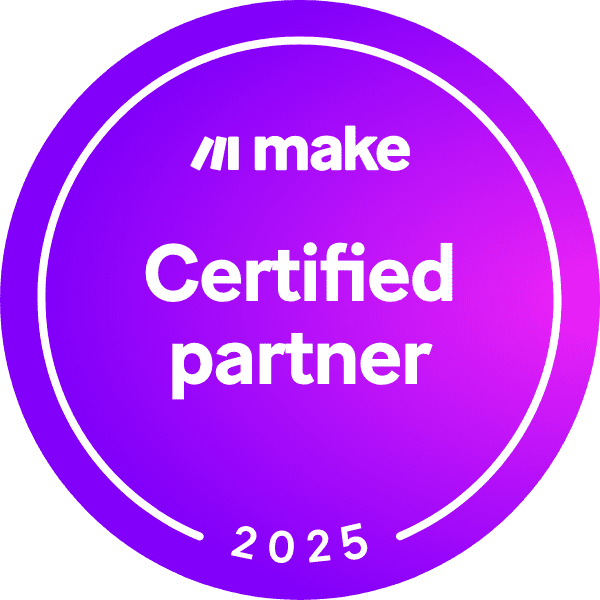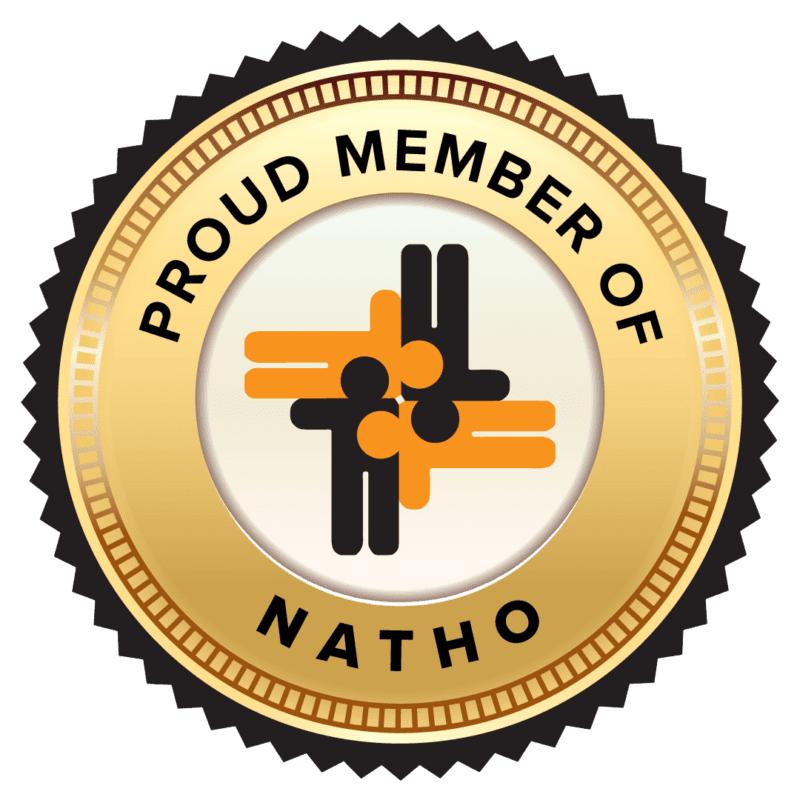The conversation around Artificial Intelligence in staffing has moved from “if” to “how”. AI is no longer a future concept. It is actively reshaping efficiency, productivity, and innovation across staffing operations. Yet, for many staffing leaders, the challenge is knowing where to begin. The scale of AI and its rapid evolution can be difficult to navigate.
Fortunately, getting started does not require a full transformation or a team of data scientists. It begins with clear, strategic actions that support leadership at the top and experimentation throughout the organization. Below are 10 practical starting points to help staffing firms build momentum with AI and drive real business value.
1. Appoint a Capable AI Champion
You do not need to wait for an AI expert to emerge. Most professionals, regardless of experience, are still learning the landscape. What you need is someone inside your firm who is:
- Curious and adaptable
- Willing to experiment
- Comfortable learning in real time
This individual does not need deep technical knowledge. Their initiative and mindset matter more than credentials. By exploring tools and identifying early use cases, they can help your firm move past hesitation and into action.
2. Audit the AI You Already Use
Many staffing firms already use AI without realizing it. Core systems like your ATS, CRM, marketing software, and back-office platforms may include AI features such as:
- Resume parsing and semantic search
- Candidate scoring or ranking
- Predictive analytics
- Automated outreach or scheduling
These features are often categorized as “advanced” and are frequently overlooked due to limited training or staff turnover. Before investing in new platforms, take time to:
- Review your current software
- Identify existing AI capabilities
- Assess usage across the organization
- Contact your vendors about their AI roadmaps
You may find that your firm is paying for tools with AI capabilities that are sitting idle. Understanding and fully adopting what you already have can lead to quick wins and stronger ROI without adding complexity.
3. Provide a Secure, Enterprise AI Platform
Some staffing companies allow internal staff to use free AI tools. Relying on free AI tools can expose your firm to serious risks. Public tools often use submitted inputs to train their models. This means candidate resumes, client data, and internal content could be unintentionally shared or compromised.
In addition, free tools lack essential business protections. They do not offer:
- Control over where your data is stored
- Privacy and compliance settings
- Security safeguards for handling PII or confidential information
Today, secure AI access is a standard business need. Options like ChatGPT Enterprise, Google Gemini for Business, Microsoft Copilot, or Claude for Work all provide enterprise-grade protections.
Once a secure platform is in place, employees do not need immediate formal training. Allow them to explore the tool in a safe environment. This encourages experimentation while keeping business data secure. Many of the most useful applications emerge organically when teams are given space to innovate responsibly.
4. Establish AI Security Guidelines and Policies
Some staffing firms delay AI adoption because they fear data breaches or regulatory missteps. Given the amount of personal and confidential data handled by recruiters, this concern is valid. But inaction can lead to falling behind on both innovation and client expectations.
Address security concerns directly by setting clear policies that guide AI usage without halting it. Your policy should cover:
- What types of data are safe to input into AI tools
- Which platforms are approved for use
- How to protect client and candidate data
- Intellectual property considerations
- Legal compliance with GDPR, CCPA, or similar frameworks
- Incident reporting protocols
- Approval processes for sensitive use cases
This type of structure protects the organization while enabling employees to adopt AI tools in low-risk, high-impact ways. Some firms are using tiered access, where general business users can adopt tools freely while sensitive recruiting tasks require additional approval.
5. Kick Off Leader-Driven Change by Training Leadership in AI
AI adoption is not optional, a side project or a delegated task. It’s a fundamental leadership responsibility, much like learning email or smartphones once was. Leaders must move beyond theory and gain firsthand experience with AI tools. Enroll executives in formal AI training and encourage active experimentation until they reach a personal insight or “aha” moment.
While staffing executives may not use day-to-day tech platforms, AI is different. To drive adoption, leaders must model the change. Gaining understanding and direct exposure to AI’s strategic implications, ethical risks, and real-world use cases equips them to create a compelling, informed, and credible vision. Leaders who speak from experience become authentic advocates for innovation and enterprise-wide transformation.
6. Start with One Department and Build from There
Instead of a company-wide launch, begin by introducing artificial intelligence in a single department. This focused strategy allows for quicker testing, clear outcome tracking, and stronger success stories to drive broader buy-in.
Sales is often a natural starting point. AI tools can:
- Automate lead scoring and qualification
- Personalize outreach at scale
- Predict client churn
- Optimize pricing strategies
- Generate proposals
- Provide real-time insights during client conversations
Sales tools and CRM platforms like HubSpot and Salesforce already include many of these capabilities, and measurable wins in this area often spark interest in other departments.
Recruiting is another high-impact entry point. Staffing firms typically have structured processes that AI can support or automate, such as resume screening, sourcing, scheduling, and reference checks. If each recruiter saves even 30 minutes per day, those gains scale quickly and exponentially across teams. These measurable benefits make the business case for broader investment easier to justify.
7. Form a Cross-Functional AI Committee
AI isn’t just an IT initiative; it touches every department of your staffing firm. A cross-functional AI committee can help guide discovery, testing, adoption, and best practices throughout the business.
This team should include representatives from sales, recruiting, operations, finance, and executive leadership. Together, they:
- Track and assess emerging AI tools
- Share results, insights, and case studies
- Identify low-effort, high-impact opportunities
- Coordinate experimentation and avoid duplicated efforts
- Build internal accountability and momentum
This shared approach prevents siloed efforts, accelerates learning, and builds internal accountability. It also fosters a knowledge-sharing culture, which is essential in a field evolving as rapidly as AI.
8. Create an Internal Channel for Sharing AI Wins and Lessons
One practical step is to launch a dedicated Slack or Teams channel for AI collaboration. This enables real-time knowledge sharing and idea exchange, especially valuable when formal resources are limited.
At Newbury Partners, we created and use a Slack channel called “how-can-AI-help-me-with-this.” In this space, employees:
- Share use cases that improve daily workflows
- Post interesting, relevant articles, tools, and podcasts
- Offer prompt-writing advice
- Highlight time-saving techniques
This informal hub fosters experimentation and collective growth. As employees exchange tips and outcomes, they feel empowered to shape how AI enhances their work. It shifts the narrative from disruption to participation, fueling faster, more confident adoption.
By creating space for employee-led innovation, you nurture internal champions and transform early AI wins into lasting operational value.
9. Turn AI Exploration into a Team Challenge
Drive bottom-up engagement by making AI experimentation fun. Launch a quarterly AI innovation challenge with meaningful prizes: $500 for individuals, $1,000 for teams. Invite staff to submit use cases that improve efficiency, creativity, or client experience.
Structure the competition to encourage continuous collaboration. Create categories like:
- Biggest Time Saver
- Most Creative Application
- Greatest Client Impact
Ask participants to document their approach, highlight lessons from trial and error, and present measurable outcomes. Use a mix of peer voting and AI committee judging to balance team input with strategic alignment.
Winning submissions become case studies for internal learning. Over time, this gamified approach builds excitement, supports employee-led innovation, and turns experimentation into a tangible business impact. It proves that the prize money is an investment in transformation, not an expense.
10. Launch Data Cleanup and Enrichment Projects
No matter how advanced your AI tools are, poor-quality data will limit their value. Start now by improving your candidate, client, job, and placement data. AI needs both depth and breadth to deliver strong results.
Run a full health check of your ATS or CRM. Look for:
- Duplicate records
- Inconsistent fields
- Incomplete profiles
- Outdated information
Use modern AI-powered cleanup tools to streamline this process. Prioritize enriching key fields like job titles, skills, compensation data, and candidate qualifications. Richer datasets will dramatically improve:
- Predictive analytics
- Candidate matching
- KPI generation and reporting
This foundational work will pay off as you scale your AI use across recruiting, sales, and operations.
Set AI in Motion with a Clear First Step
Getting started with AI doesn’t require a full transformation on day one; just a deliberate, strategic first move. The firms that act early will shape how AI creates value across their operations. Waiting for ideal conditions means missing early wins and giving competitors a head start.
Not sure where to begin? Newbury Partners offers a simple starting point: our online 10-minute AI readiness assessment, built specifically for staffing firms. It’s a practical way to evaluate where you are today and identify the most impactful areas to focus your efforts on.
Ready to bring these ideas to life? Newbury Partners is here to help.
Whether you want to take the lead internally or prefer support behind the scenes, we’ll meet you where you are. We can:
- Collaborate with your AI champion
- Support your AI committee
- Advise senior leadership
- Embed with department heads to fast-track execution
Every staffing firm has different goals, systems, and constraints. That’s why we work with you to develop a tailored AI roadmap that aligns with your strategy, builds on your strengths, and accelerates outcomes.








